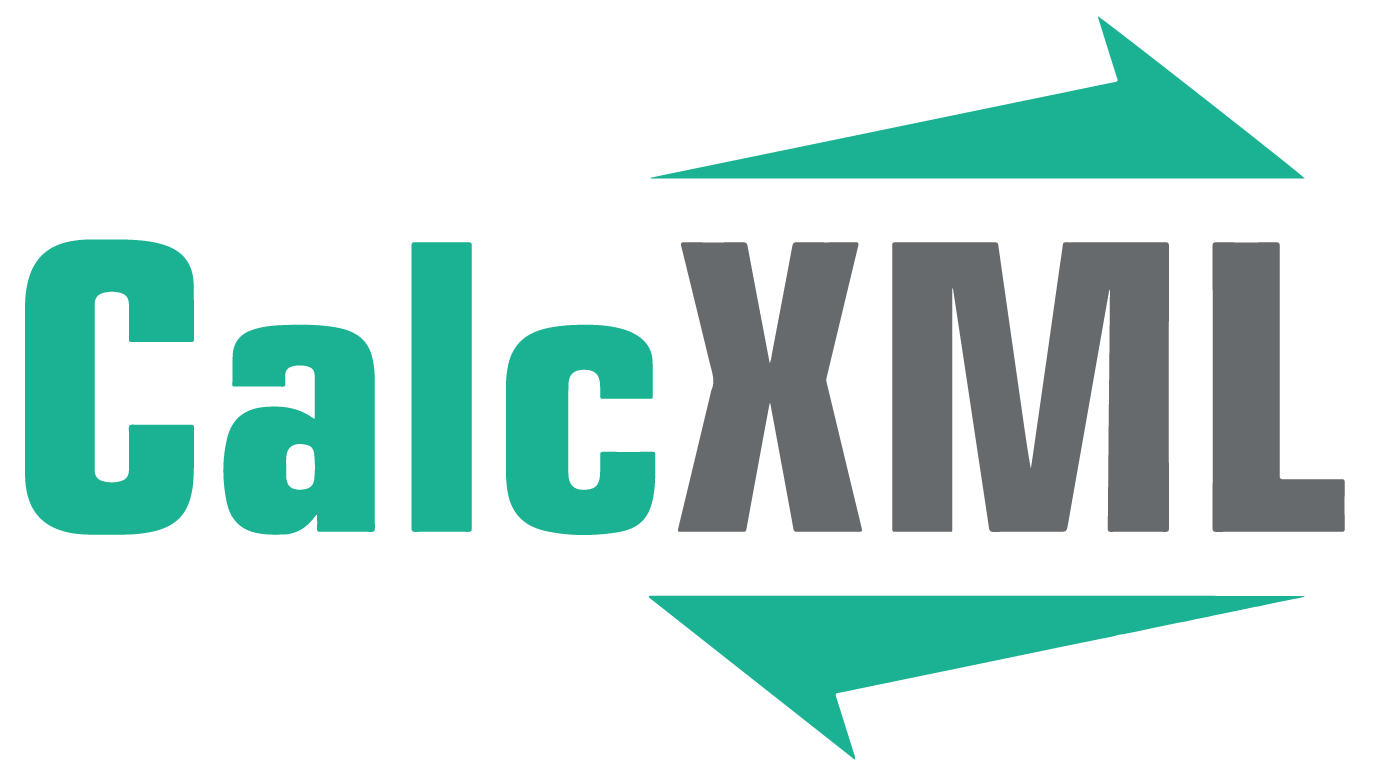Determine How Much To Save To Reach Your Savings Goal
How much should I save to reach my goal?
What are you saving for: a computer, car, boat, summer home, down payment? Use this calculator to determine what you need to save on a regular basis to have the funds ready when needed.
This information may help you analyze your financial needs. It is based on information and assumptions provided by you regarding your goals, expectations and financial situation. The calculations do not infer that the company assumes any fiduciary duties. The calculations provided should not be construed as financial, legal or tax advice. In addition, such information should not be relied upon as the only source of information. This information is supplied from sources we believe to be reliable but we cannot guarantee its accuracy. Hypothetical illustrations may provide historical or current performance information. Past performance does not guarantee nor indicate future results.






